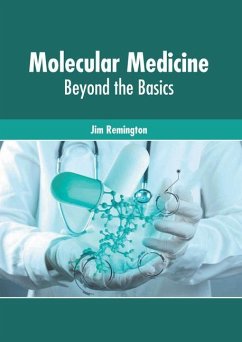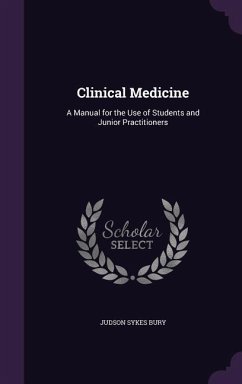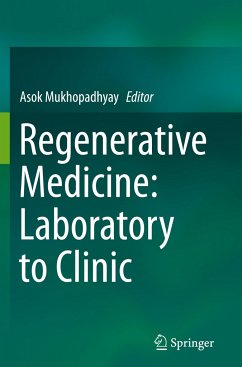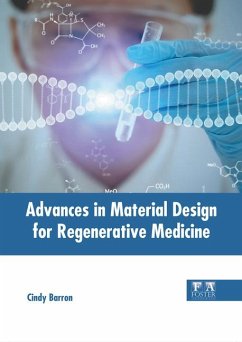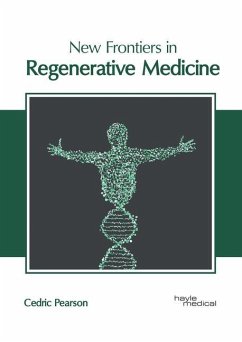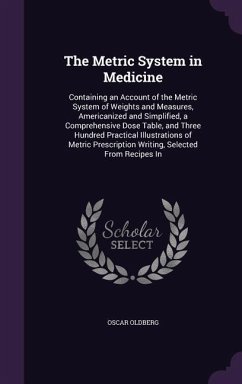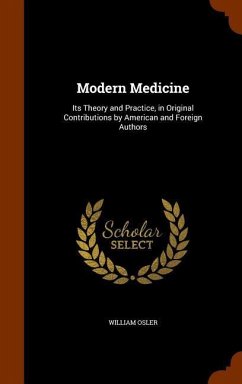
Regenerative Medicine: Clinical Aspects
Versandkostenfrei!
Versandfertig in über 4 Wochen
119,99 €
inkl. MwSt.

PAYBACK Punkte
60 °P sammeln!
Tissue repair after injury is a metabolically demanding and complex process. Depending on the regenerative capacity of tissues and the quality of the inflammatory response, the outcome is mostly imperfect, characterized by a degree of fibrosis. Inflammatory cells at a wound site facilitate wound debridement, and produce metabolites, chemokines and growth factors. If this response becomes dysregulated, the wound becomes chronic or progressively fibrotic. This leads to impaired tissue function that may lead to organ failure. Regenerative medicine and inflammation research are intricately linked ...
Tissue repair after injury is a metabolically demanding and complex process. Depending on the regenerative capacity of tissues and the quality of the inflammatory response, the outcome is mostly imperfect, characterized by a degree of fibrosis. Inflammatory cells at a wound site facilitate wound debridement, and produce metabolites, chemokines and growth factors. If this response becomes dysregulated, the wound becomes chronic or progressively fibrotic. This leads to impaired tissue function that may lead to organ failure. Regenerative medicine and inflammation research are intricately linked areas of research in the life sciences. Their significance in translational research has evolved considerably. This book explores all the important aspects of inflammation research and regenerative medicine in the present day scenario. The various studies that are constantly contributing towards advancing technologies and evolution of these fields are examined in detail. Coherent flow of topics, student-friendly language and extensive use of examples make this book an invaluable source of knowledge.



